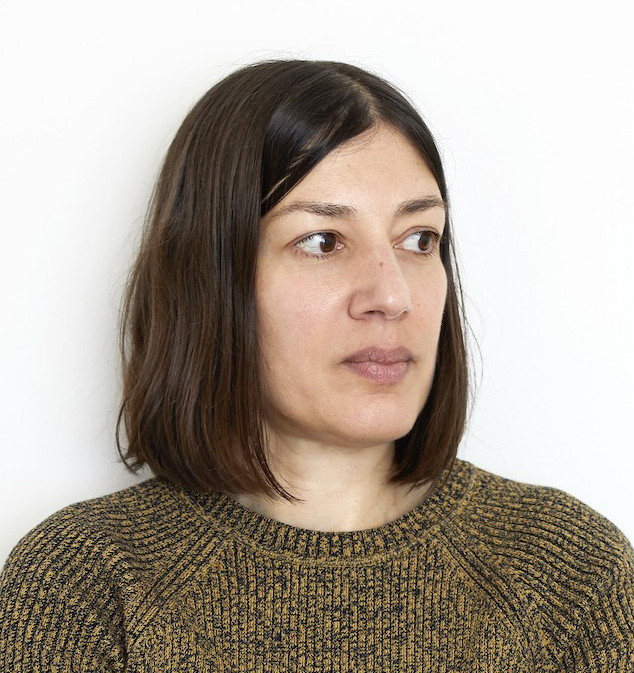Meet Rural Futurisms, 'agents for catalytic change' in South Africa's landscape design field
Led by Lesego Bantsheng, the collective is challenging conventional ideas of landscape by reimagining how rural communities connect with heritage, ecology and design
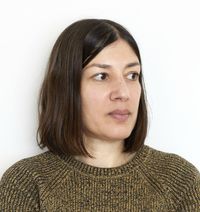
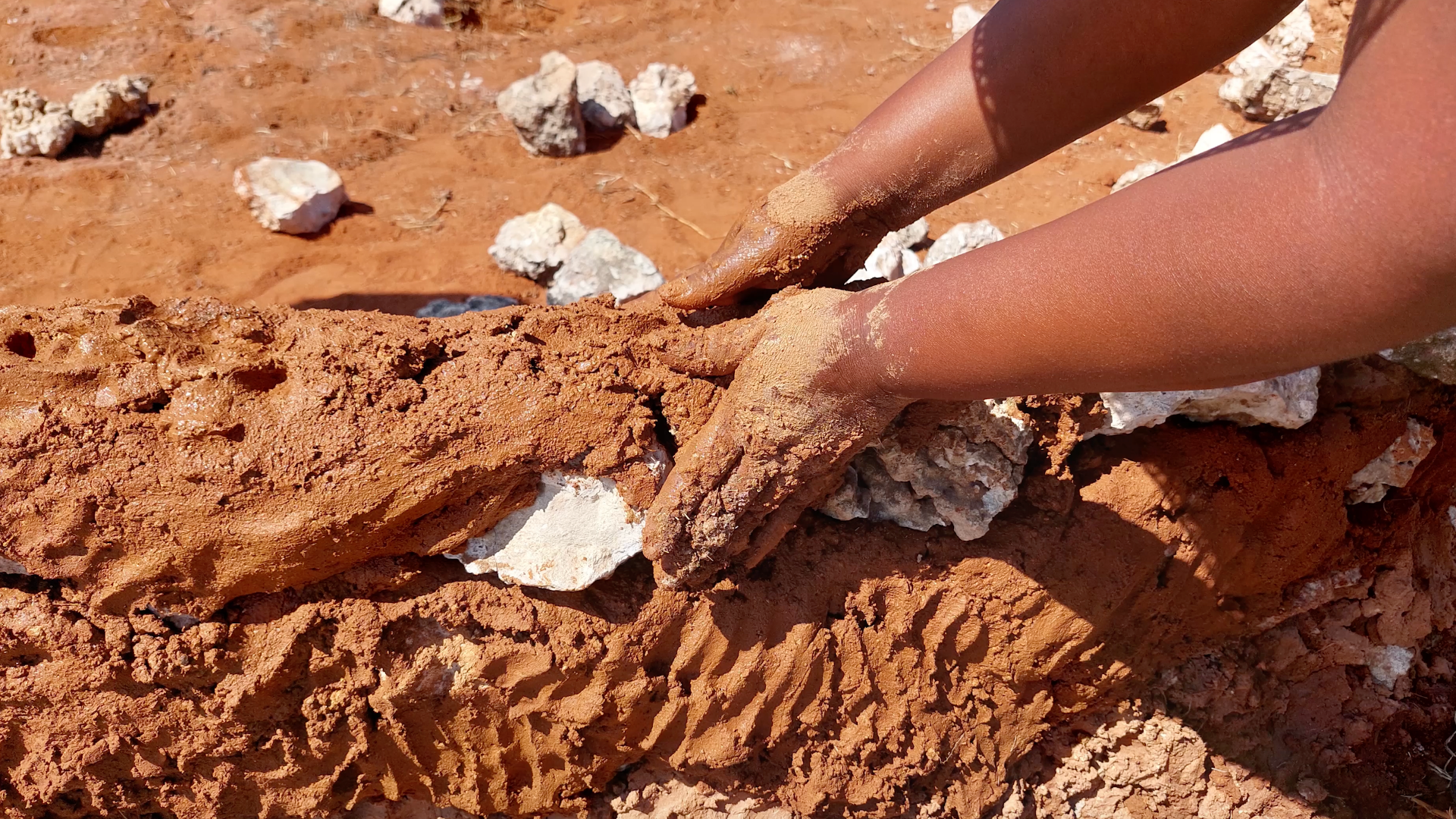
Receive our daily digest of inspiration, escapism and design stories from around the world direct to your inbox.
You are now subscribed
Your newsletter sign-up was successful
Want to add more newsletters?
Lesego Bantsheng and her practice, Rural Futurisms NPC, hope to shake up the notion of landscape – and that, they do. Founded in 2023 and working in Southern Africa, in particular rural northern South Africa, the studio is a collective of researchers, designers, a historian and a climate activist, ‘interested in imagining a collective future of rurality that stems from its rich heritage.’ Rural Futurisms is a non-profit organisation, and Bantsheng is also a practising urban designer at Maccreanor Lavington in Rotterdam (as well as a contributor at the African and diasporic spatial practitioners network Matri-Archi(tecture)). In her many hats, Bantsheng works internationally, challenging perceptions of what landscape is and how it can affect communities.
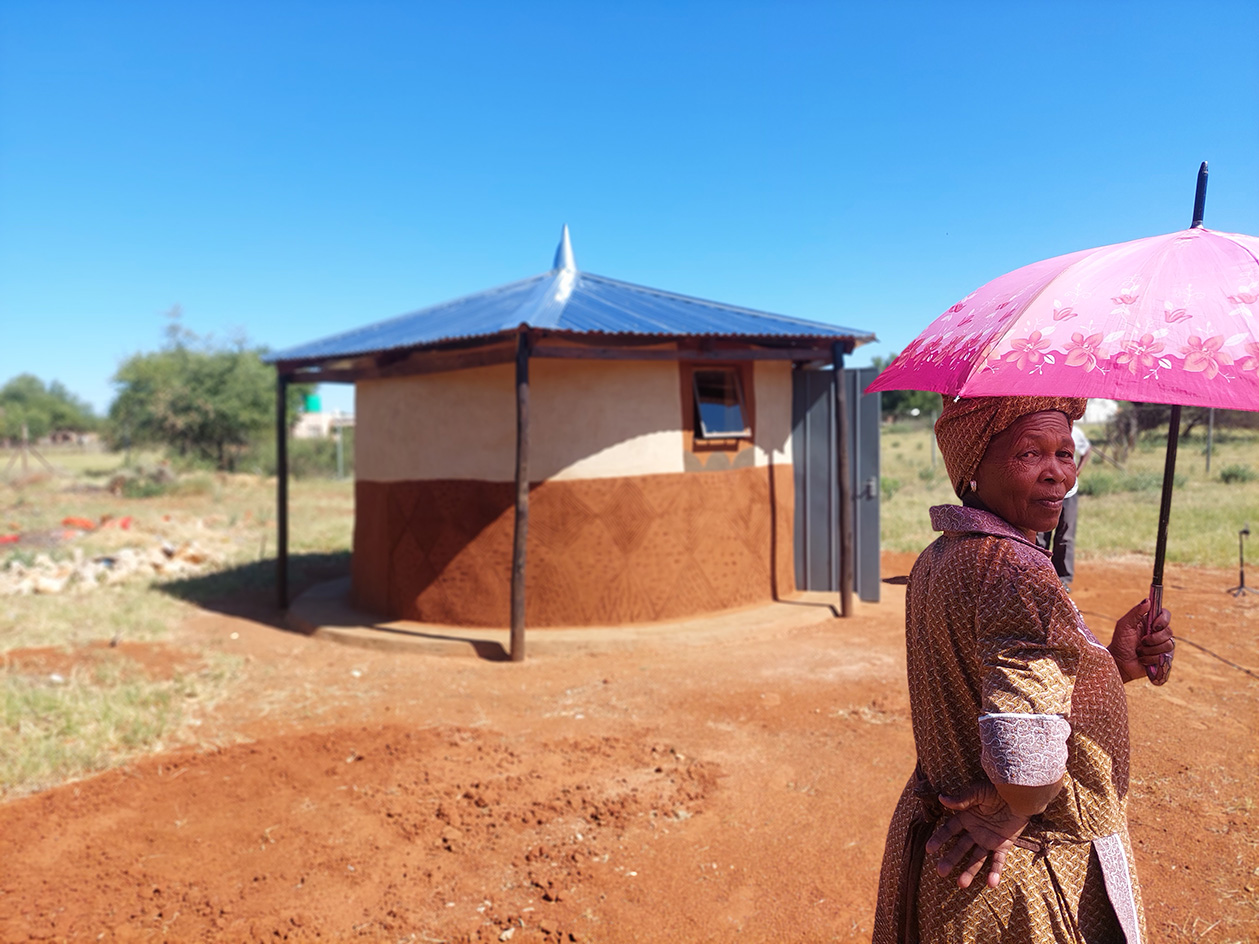
Hut-lab Participant
Meet Lesego Bantsheng's Rural Futurisms
Indeed, nothing is conventional in the work of this landscape studio. ‘[Through Rural Futurisms] we are not merely designers but also agents for catalytic change in conversation with the colonial and apartheid legacy of South Africa and its effect in disempowering rural dwellers. I do not practise conventional landscape architecture, as I have not found it particularly useful for addressing these issues.'
'Rather than implementing landscape practice as I was taught, I have paused and listened instead – to the landscape and the people of that landscape – about how they want to interact, entangle and intersect, privately or publicly. In the contexts we have worked in, the answer has not been through a renaissance garden,’ she explains. ‘A decolonised landscape and architectural practice in the African context is complex and requires deep listening and unlearning.’
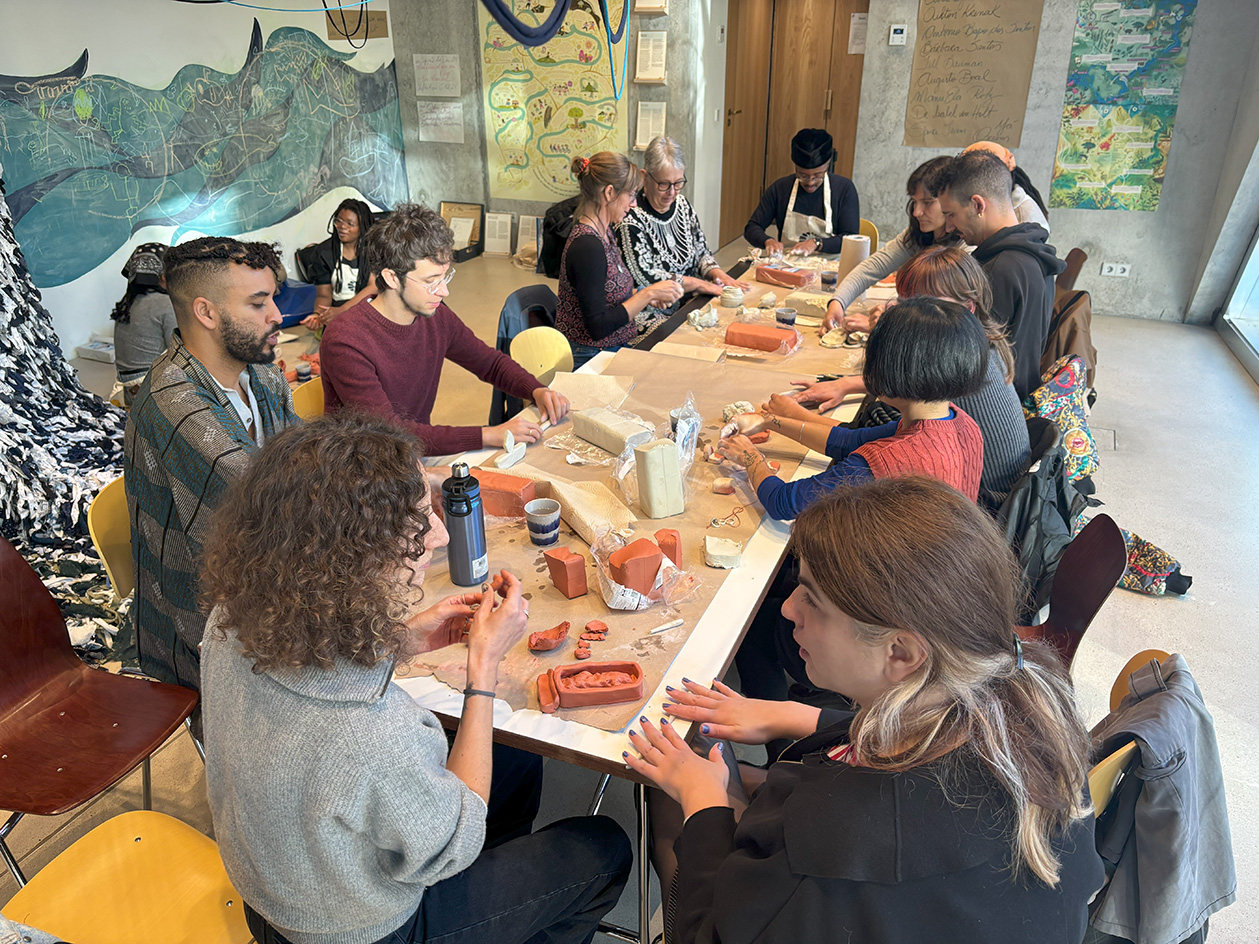
Rural Futurisms' Kgotla Cosmotechnics Workshop at Spore Initiative, Berlin
Bantsheng and her colleagues work with the material libraries, systems and entire ‘cosmologies’ of the places they engage with, asking questions and inviting the local communities into their processes. Their deep dives result not only in spatial deliverables, but also ‘archival and conversational [ones], rooted in process and agency more than conventional design.’ Ultimately, a landscape is all about relationships, rather than a ‘time-bound production.’
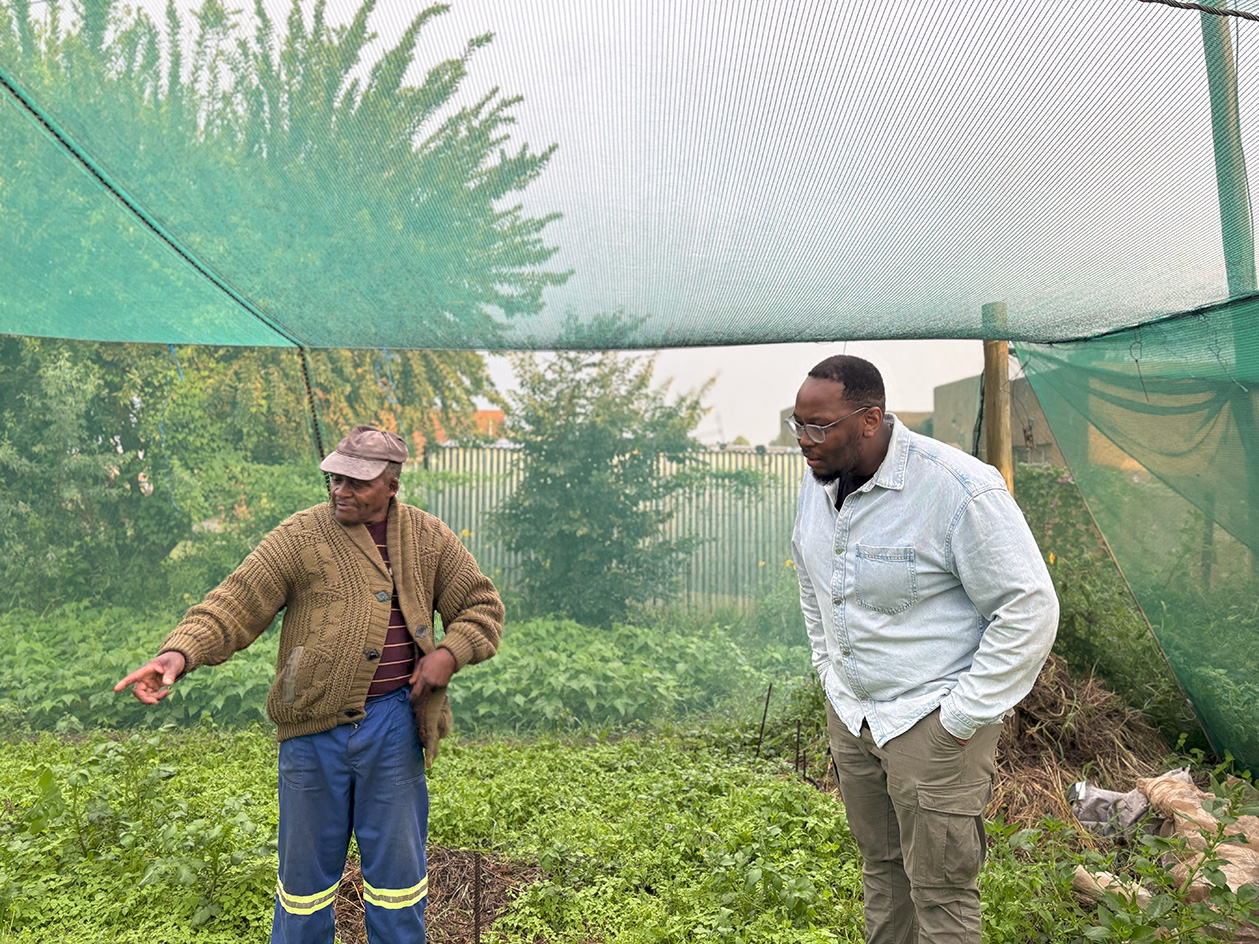
Cybersyn 2 - Molemi Organics site
The studio’s pilot project, which also inspired its name, ‘Rural Futurisms: Cosmotechnics in Makgobistad’, was a landmark moment for the evolution of the organisation. The work included addressing the geological and biological material landscape in Makgobistad, a South African village on the border with Botswana, looking at everyday objects within homes (as opposed to focusing on precious, museum artefacts), and experimenting with mycelium-based composites (MBCs) in combination with local earth.
It all culminated in a Hut-Lab – an earth roundhouse for the community, where people and landscape meet. More recent work includes Cybersyn 2, a collaboration with digital technology and artist collective Radical Data, a project located between northern South Africa and the Netherlands that looks at food distribution systems in rural towns and villages and resource-sharing among small-scale farmers.
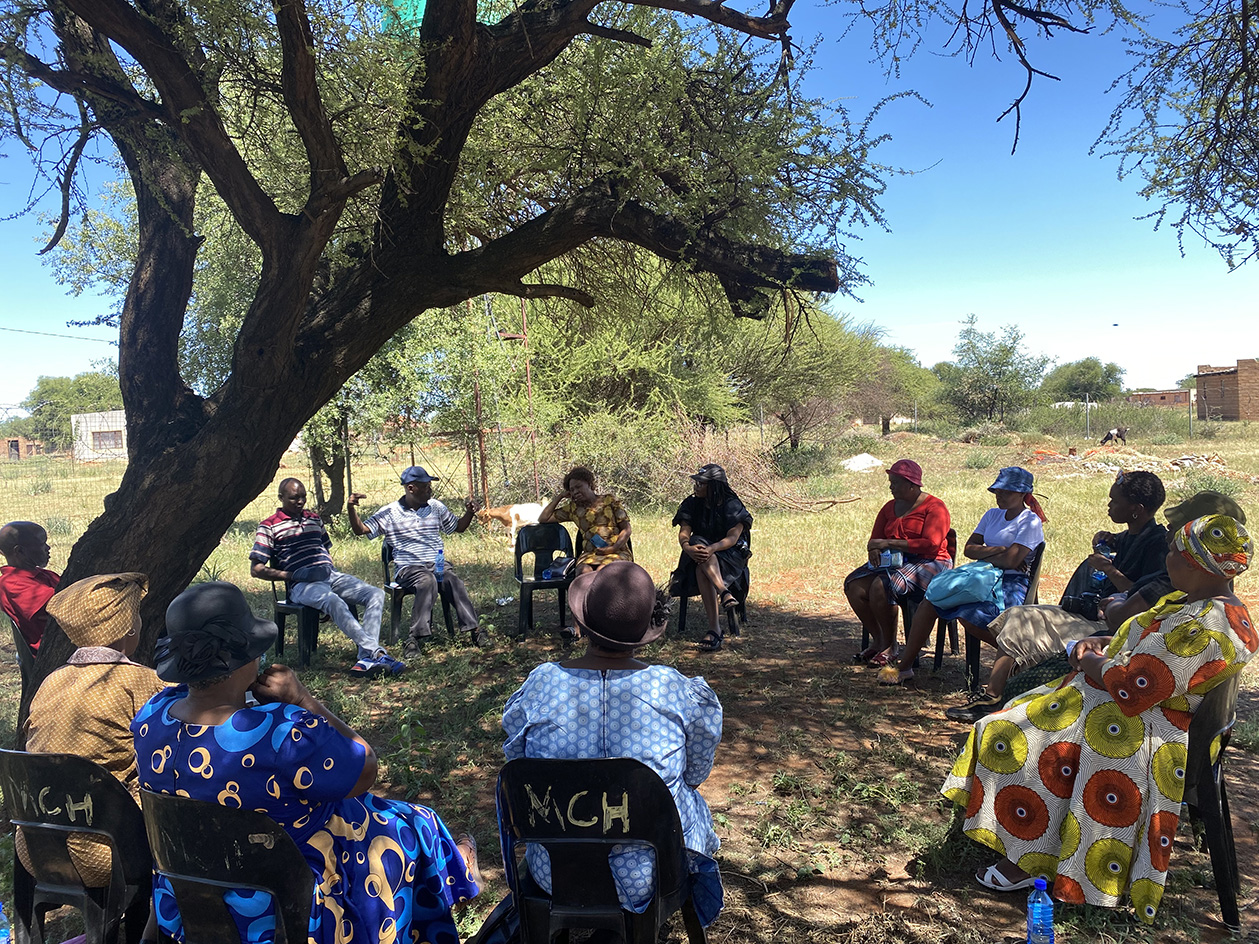
Rural Futurisms Conversation-led practice
‘Landscape architecture in South Africa has come a long way, but it still misses a sense of embeddedness in local cosmotechnics that reflect the modes of public living of the local majority. I think this is due to its academic origins and its continued domination by a minority group and ruling class, so it often reflects middle-class aspirations rather than the collective heritage and ways of relating to each other and the environment of the majority in South Africa,’ Bantsheng says.
Receive our daily digest of inspiration, escapism and design stories from around the world direct to your inbox.
‘This is partly why our practice focuses on rural landscapes, which help us first understand the collective heritage – not to romanticise the past, but to acknowledge it and see how it lives on in hybrid formations in contemporary southern Africa. I am optimistic when I see younger practices like Matri-Archi(tecture), Esapha and Yes&Studio finding ways to colour outside the lines, whether through practice, aesthetic or process — which is truly what we need in a country like ours.’
Ellie Stathaki is the Architecture & Environment Director at Wallpaper*. She trained as an architect at the Aristotle University of Thessaloniki in Greece and studied architectural history at the Bartlett in London. Now an established journalist, she has been a member of the Wallpaper* team since 2006, visiting buildings across the globe and interviewing leading architects such as Tadao Ando and Rem Koolhaas. Ellie has also taken part in judging panels, moderated events, curated shows and contributed in books, such as The Contemporary House (Thames & Hudson, 2018), Glenn Sestig Architecture Diary (2020) and House London (2022).
